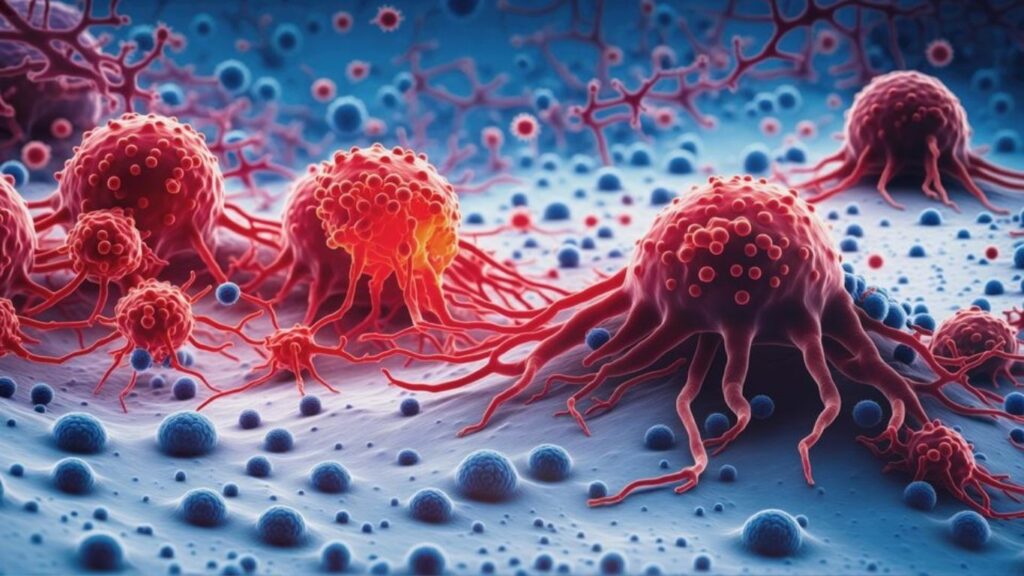In recent years, global meat consumption has surged, reflecting changes in dietary trends across various cultures. As more individuals include meat in their daily diets, understanding the implications of this shift on personal health becomes crucial. While meat is a rich source of essential nutrients like protein and iron, there is growing concern about the health ramifications of consuming animal products every day. This blog aims to delve into the possible health side effects of a non-vegetarian diet consumed daily. By exploring scientific insights and health studies, we’ll shed light on how regular consumption of meat and other animal products might affect our bodies, aiming to provide readers with well-informed dietary choices for better health outcomes.
Possible Side Effects of Non Vegetarian Diet If Consumed Daily
Overview of a Non-Vegetarian Diet
A non-vegetarian diet includes any food derived from animals. Common sources of animal-based foods are meat (such as beef and pork), poultry (like chicken and turkey), fish, and dairy products (including milk, cheese, and yogurt). Dietary patterns vary globally: Western diets often feature a high intake of red meat and poultry, while in many parts of Asia, fish and seafood are predominant. In contrast, diets in the Mediterranean region typically include a balanced mix of meat, fish, and a high proportion of plant-based foods, reflecting diverse cultural influences and regional availability of food resources.
Potential Health Risks
Heart Disease and Cholesterol

Red meat and processed meats have been linked to an increased risk of heart disease. These foods are high in saturated fats, which can raise levels of LDL cholesterol (the “bad” cholesterol) in the blood. Elevated LDL cholesterol is a significant risk factor for the development of heart disease as it can lead to arterial blockage, restricting blood flow and increasing the risk of heart attacks. Furthermore, processed meats often contain high amounts of sodium and preservatives, which can contribute to hypertension, another critical risk factor for heart disease. Thus, regular consumption of these meat products can have detrimental effects on heart health.
Increased Risk of Certain Cancers

Research has consistently linked the consumption of red and processed meats with an increased risk of colorectal cancer, among other types. One key factor is heme iron, found abundantly in red meat, which may damage the lining of the colon. Additionally, cooking meats at high temperatures leads to the formation of carcinogenic compounds like heterocyclic amines (HCAs) and polycyclic aromatic hydrocarbons (PAHs). These compounds can induce changes in DNA, potentially leading to cancer development. Such findings underscore the importance of moderating meat intake and using safer cooking methods to minimize exposure to harmful chemicals.
Digestive System Impact

Heavy meat consumption can significantly impact the digestive system, often leading to issues like constipation and diverticulitis. Meats lack dietary fiber, which is crucial for maintaining regular bowel movements and overall gut health. Fiber helps to bulk up stools and stimulates the intestines to promote easy passage, thereby preventing constipation. Without sufficient fiber, the digestive system has to work harder to move food along, which can lead to inflammation and the formation of small pouches in the colon, known as diverticula. When these pouches become inflamed or infected, it results in diverticulitis, a painful and potentially serious condition.
Weight Gain and Obesity

Meat, especially processed and fatty cuts, is often high in calories and saturated fats, which can lead to weight gain if consumed excessively. Obesity, a result of chronic overconsumption of such foods, significantly increases the risk of developing several health complications. These include type 2 diabetes, which arises from the body’s impaired ability to handle insulin due to excess fat; hypertension, exacerbated by the strain of excess weight on blood vessels; and joint problems, as the additional weight puts undue stress on the hips, knees, and ankles, leading to accelerated wear and potentially chronic pain and mobility issues.
Nutritional Considerations
While a non-vegetarian diet provides essential nutrients like protein, iron, and B vitamins, which are crucial for muscle repair, oxygen transport, and energy production respectively, balance is key. Overreliance on meat can lead to health risks, thus integrating a variety of food sources is vital. A diversified diet that includes fruits, vegetables, and whole grains introduces necessary fibers, antioxidants, and a range of vitamins, which help mitigate negative health impacts like heart disease and digestive issues. These plant-based components not only complement the nutrients found in meat but also enhance overall health by improving gut health and reducing inflammation, thus creating a holistic approach to nutrition.

Conclusion
In conclusion, while a non-vegetarian diet offers valuable nutrients like protein, iron, and B vitamins, consuming meat daily can lead to significant health risks, including heart disease, certain cancers, and obesity. It’s essential to approach our diets with balance and mindfulness. Incorporating a diverse array of foods such as fruits, vegetables, and whole grains can help mitigate these risks, promoting overall health and well-being. Always consider moderation and variety as key components of your dietary habits, and consult with healthcare professionals to tailor your diet to your individual health needs. A thoughtful, balanced diet is a cornerstone of a healthy lifestyle.
Also read: 5 Reasons Why Starting Your Day Without Carbs Could Benefit You
